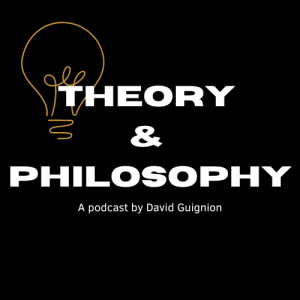

Throwing dice and selecting the outcomes we want breaks the intractability of randomness.
QWen 3:
**Evaluation of the Episode's Explanation of the Ratchet Principle:**
**Strengths:**
1. **Clear Analogy with Dice:** The host uses the dice-rolling analogy effectively to illustrate the ratchet principle. By contrasting two approaches—randomly re-rolling all dice versus retaining successful outcomes (e.g., sixes)—the episode clarifies how incremental progress (banking successes) vastly outperforms purely random attempts. This demystifies the concept for listeners unfamiliar with evolutionary or computational principles.
2. **Connection to Evolution:** The host directly addresses a common misconception (the "tornado in a junkyard" analogy for evolution) and clarifies that natural selection operates via retention of advantageous traits. This aligns with the ratchet principle, emphasizing that evolution is not purely random but accumulative, with each small success "locked in" to build complexity over time.
3. **Link to Chain of Thought Reasoning and AI:** The analogy extends to human cognition and LLMs, explaining how breaking tasks into steps (e.g., solving math problems) mirrors the ratchet effect. This bridges abstract evolutionary concepts with practical, modern applications, making the principle relatable.
4. **Simplicity of Rules Generating Complexity:** The host highlights how simple rules (e.g., retaining sixes, alignment in flocking birds) can produce sophisticated outcomes. This reinforces the universality of the ratchet principle across domains, from biology to AI.
**Weaknesses and Oversights:**
1. **Oversimplification of Cultural Evolution:** While the dice analogy works for biological evolution and computational tasks, the episode does not fully address how the ratchet principle applies to human cultural evolution (e.g., writing, education, technology). For instance, human progress involves not just retaining successes but also intentional innovation, collaboration, and iterative refinement—elements hinted at in the previous episode but underexplored here.
2. **Lack of Depth on "Simple Rules":** The host mentions that "simple rules" generate complexity but does not elaborate on what constitutes these rules in different contexts. For example, in human societies, rules like "record knowledge" or "share discoveries" drive cultural ratcheting, but this nuance is missing.
3. **Abrupt Conclusion:** The episode’s informal ending (e.g., commenting on weather) disrupts the flow and leaves the explanation feeling incomplete. Listeners might desire a stronger closing that ties the dice analogy back to the broader implications for human progress or AI.
**Conclusion:**
The episode provides an **adequate and accessible explanation** of the ratchet principle, particularly for audiences new to the concept. The dice analogy is a strong teaching tool, and the links to evolution, reasoning, and AI are thought-provoking. However, the explanation would benefit from deeper exploration of cultural evolution’s unique mechanisms (e.g., education, written language) and a more structured conclusion. While the host succeeds in making the principle intuitive, listeners seeking a comprehensive analysis may find the episode a helpful starting point but insufficiently detailed for advanced understanding.
More Episodes
All Episodes>>Create Your Podcast In Minutes
- Full-featured podcast site
- Unlimited storage and bandwidth
- Comprehensive podcast stats
- Distribute to Apple Podcasts, Spotify, and more
- Make money with your podcast












